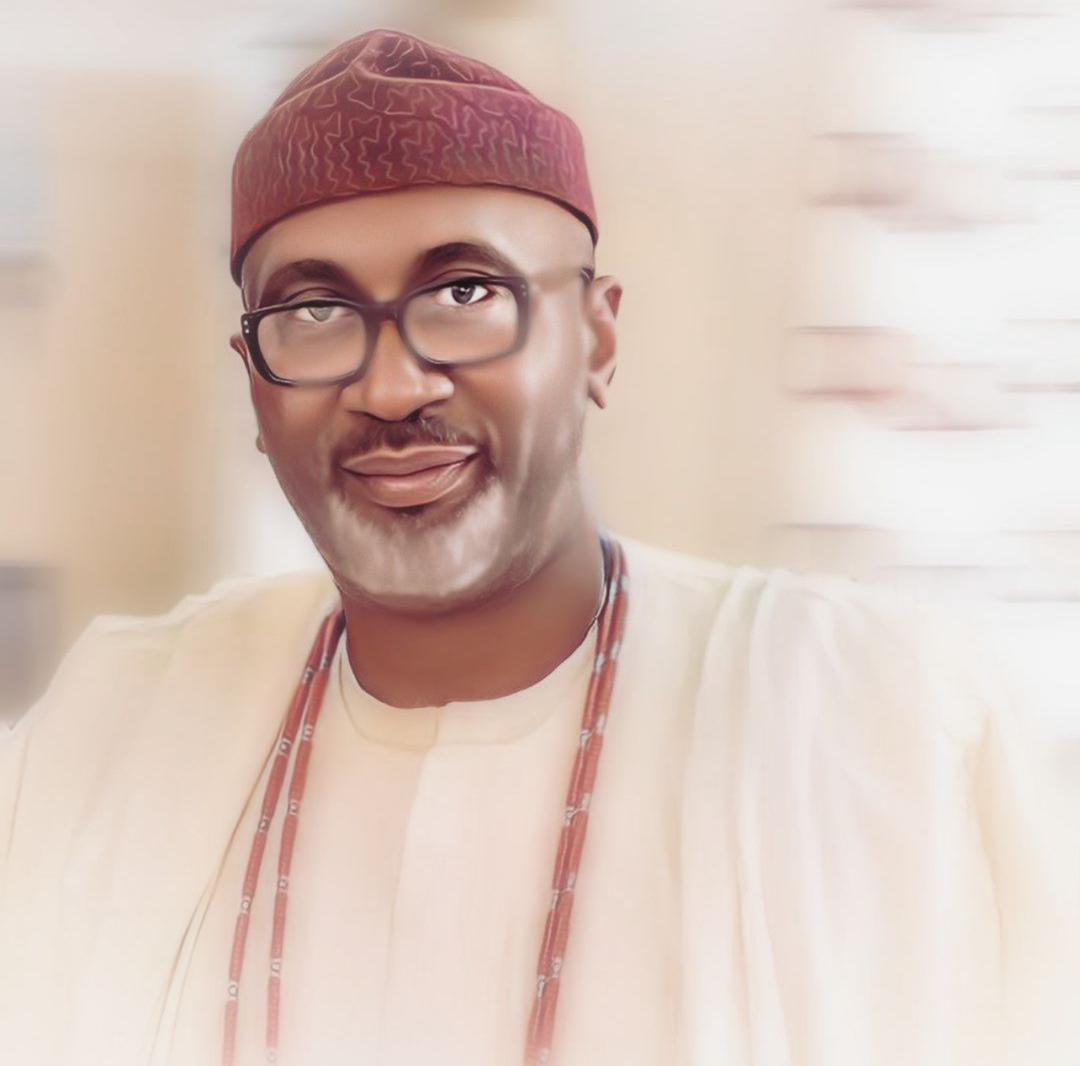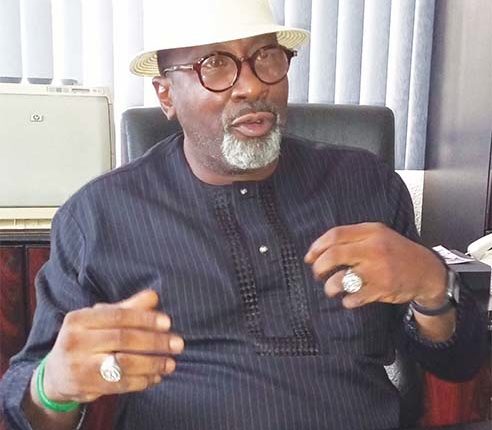My concern is about the future of our country if we continue to prioritize politics over our industries. It’s worrying to think that we might not make any progress if this trend continues.
By Abayomi Odunowo.
In an ideal world, a country’s politics should serve as a means to promote and support its industries, thereby fostering economic growth and development. However, when politics becomes more profitable than industries, the consequences can be disastrous for a nation’s progress. This phenomenon is all too common in many countries around the world, where corruption, cronyism, and self-enrichment among government officials take precedence over the well-being of the people and the advancement of the economy.
When those in government are able to amass great wealth through their positions of power, often through illicit means such as embezzlement, bribery, and kickbacks, it creates a culture of greed and self-interest that is detrimental to the overall societal welfare. Instead of focusing on policies and initiatives that would benefit the country as a whole, politicians prioritize their own personal wealth and interests, leading to a disconnection between the government and the people it is meant to serve.
In such a scenario, industries suffer as a result of neglect and lack of support from the government. Without proper investment and incentives from policymakers, businesses struggle to grow and thrive, leading to stagnation and even decline in economic output. This, in turn, leads to high levels of unemployment, poverty, and inequality, as the lack of industrial progress hinders the creation of new jobs and opportunities for economic advancement.
Furthermore, when politicians are wealthier than entrepreneurs, it creates a fundamental imbalance of power and influence in society. The wealthy elite in government are able to dictate policies and regulations in their own favor, often at the expense of the business community and the general population. This leads to a concentration of wealth and resources among a select few, while the majority of the population is left struggling to make ends meet.
The manufacturing of poverty in a country where politics is more profitable than industries is a vicious cycle that perpetuates itself over time. As industries falter and fail to grow, the economy stagnates, leading to a lack of upward mobility and opportunities for social and economic advancement. This, in turn, exacerbates income inequality and social disparities, as the rich get richer and the poor get poorer.
In order to break free from this destructive cycle, it is imperative that countries prioritize the development of their industries over the enrichment of their political class. This requires a fundamental shift in mindset and priorities among policymakers, towards a more inclusive and sustainable model of economic development.
One way to achieve this is through the implementation of transparent and accountable governance mechanisms that curb corruption and ensure that politicians are held to the highest ethical standards. By promoting a culture of integrity and accountability in government, countries can create a level playing field for businesses to thrive and succeed, without fear of unfair competition or undue influence from powerful interests.
Another key aspect of fostering industrial progress is through the implementation of policies and incentives that support innovation, entrepreneurship, and investment in key sectors of the economy. By creating a conducive environment for businesses to grow and prosper, countries can stimulate economic growth and create new opportunities for job creation and wealth generation.
The adage that “no country can progress if its politics is more profitable than its industries” holds true in many parts of the world today. When politicians prioritize their own personal enrichment over the well-being of the economy and the people they serve, it leads to a stagnation of industrial progress and the perpetuation of poverty and inequality. By shifting the focus towards supporting industries and promoting economic growth, countries can break free from this detrimental cycle and create a more prosperous and equitable society for all.



